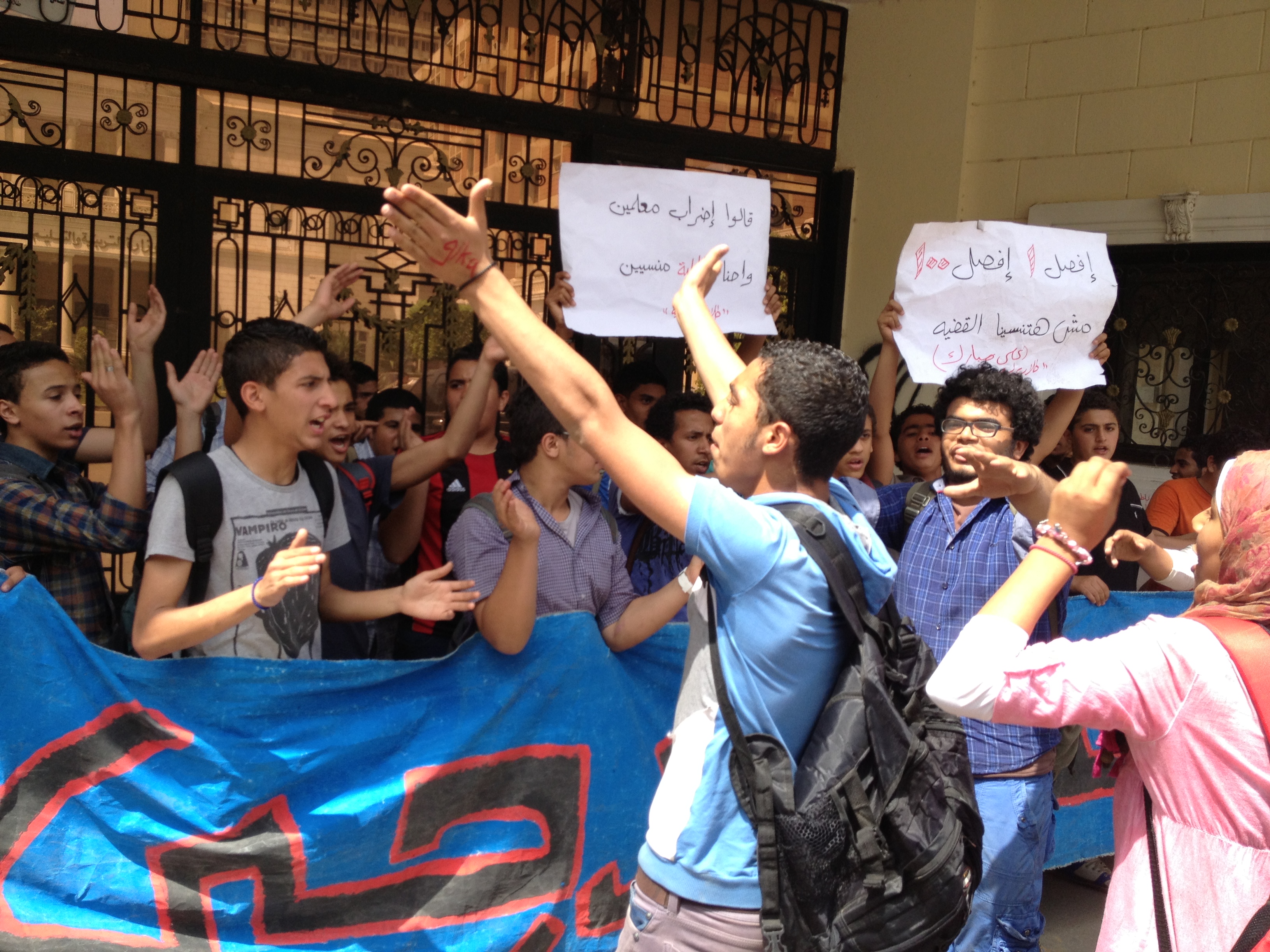CAIRO: Research and investigation on steel companies charged with monopolistic and anti-competitive practices are still pending, says the Egyptian Competition Authority (ECA).
“Contrary to what has been reported in [local press], our board of directors has not yet taken any decision regarding charges filed against steel companies, said Ibrahim Ahmed, head of information at the ECA. “Mona Yassin [chairperson of the ECA] expects research findings to be finalized by the end of this year.
In July 2006, the ECA began investigations on both the cement and steel sectors upon receiving a request from Minister of Trade and Industry Rachid Mohamed Rachid, as suspicions of practicing monopoly and gratuitously raising prices surrounded market players.
Based on thorough investigations, the authority concurred early October that there existed a cartel among cement companies that monopolized the market, raised prices, and at times restricted production of the commodity, leading to a stir in the industry. Consequently, nine companies – constituting all players on the market – were reported to the public prosecutor, awaiting the final verdict.
If found guilty, companies will be charged with penalties ranging from a minimum of LE 30,000 to a maximum of LE 10 million.
“The public prosecutor determines the final amount of the penalty that has to lie within that range as stipulated by the [Customer Protection and Anti-Monopoly Act], Ahmed explained.
To reach its final research findings, the ECA conducted a comprehensive research on the Egyptian cement market from the period 2002 to 2006. The authority collected data and information from different sources – including governmental and non-governmental entities. It also paid visits to all cement companies to collect data concerning their output and production capacities. Furthermore, it surveyed the market and interviewed distributors, dealers, and contractors in 15 governorates.
The ECA also resorted to experts from different countries to help in the investigation process and looked at similar cases in other countries to ensure coverage of all aspects.
“Generally speaking, the research and investigation process can take from a few months up to two or three years, depending on the size of the sector, Ahmed pointed out. “In the case of the cement sector, it took us 14 months to come up with the results, setting a record given the size of the sector.
The authority, he added, was obliged to conclude its investigations quickly amid pressure from the public opinion as well as government officials. “The cement is a sector that has a direct effect on the national economy.
On the other hand, research and investigation on steel companies have consumed longer time than that of the cement despite starting simultaneously. The current delay caused speculation that final findings were deliberately being postponed so as to both avoid clashes with political figures of the National Democratic Party before their upcoming convention as well as wait for final results of the iron and steel auction due next December, similar to what happened with results of investigations of the cement sector.
The ministry, however, rejected such allegations and stressed that investigations on steel accusations were still ongoing.
“The steel market is larger than that of the cement, and it is normal to take a longer time to finalize our investigations, said Ahmed. “Every case has its own circumstances.

